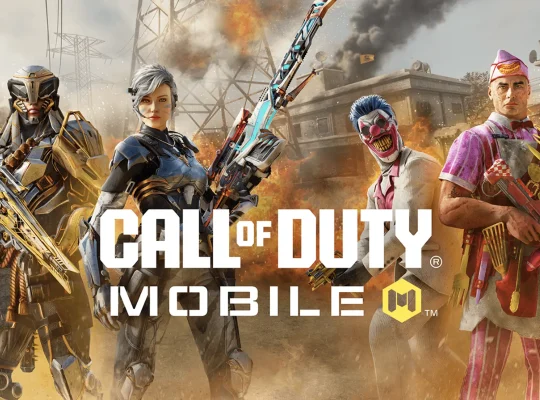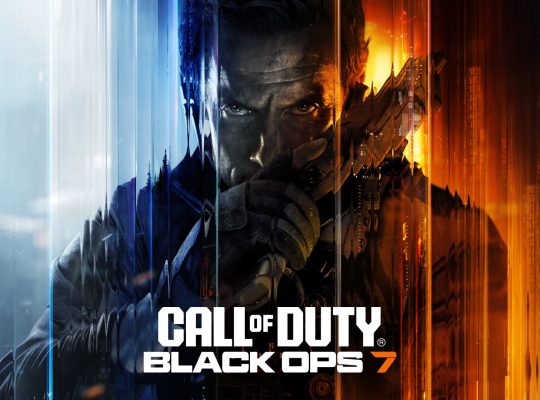Electronic Arts (EA), one of the world’s leading video game publishers, may soon be taken private in what could become the largest leveraged buyout (LBO) in history. According to reports, a group of investors is preparing a deal valued at around $50 billion, which would mark the end of EA’s more than 30-year run as a publicly traded company.
Investor Group and Valuation
The rumored consortium includes private equity giant Silver Lake Technology Management and Saudi Arabia’s Public Investment Fund. EA’s current market value sits at roughly $43 billion, down about $6 billion since the start of the year. Negotiations could push the acquisition price closer to $50 billion, giving shareholders a premium over current levels.
If completed, the transaction would stand as the largest leveraged buyout in history, signaling a bold expansion of private equity into the gaming industry.
Market Context and Industry Impact
Large-scale leveraged buyouts are rare in today’s financial environment, where acquisitions are more commonly pursued through direct purchases or share buybacks. A shift of EA into private ownership would represent a seismic move in the industry, potentially reshaping its development pipeline, publishing strategy, and competitive positioning against rivals like Activision Blizzard, Take-Two Interactive, and Ubisoft.
EA’s Recent Performance
The publisher’s commercial track record this year has been mixed:
- Skate (revamped) struggled to meet expectations.
- Split Fiction became a breakout success.
- Battlefield 6’s open beta drew over 500,000 concurrent Steam players, outperforming peak open-beta numbers for Call of Duty titles.
These contrasting results highlight both EA’s potential and its challenges as it navigates evolving player expectations and market volatility.
Uncertainties and Next Steps
Details on timing, financing, and final terms remain unclear, and there are significant questions about how private ownership could alter EA’s long-term direction. From restructuring studios to prioritizing certain franchises, the move could have lasting consequences for both employees and players.
Comparisons to Other Deals
While historic for an LBO, the reported deal would still fall short of Microsoft’s $68.7 billion acquisition of Activision Blizzard, which remains the largest video game transaction to date.










